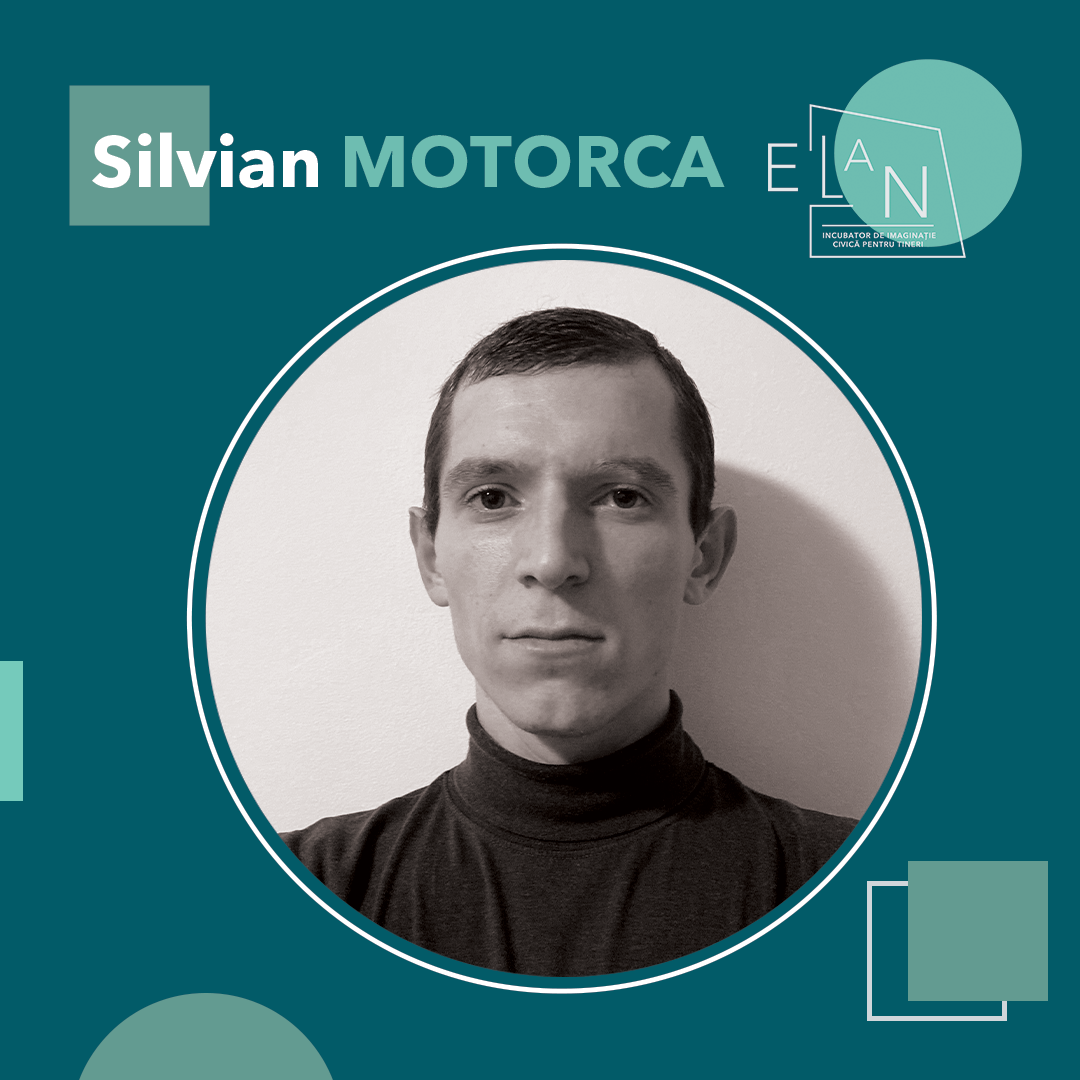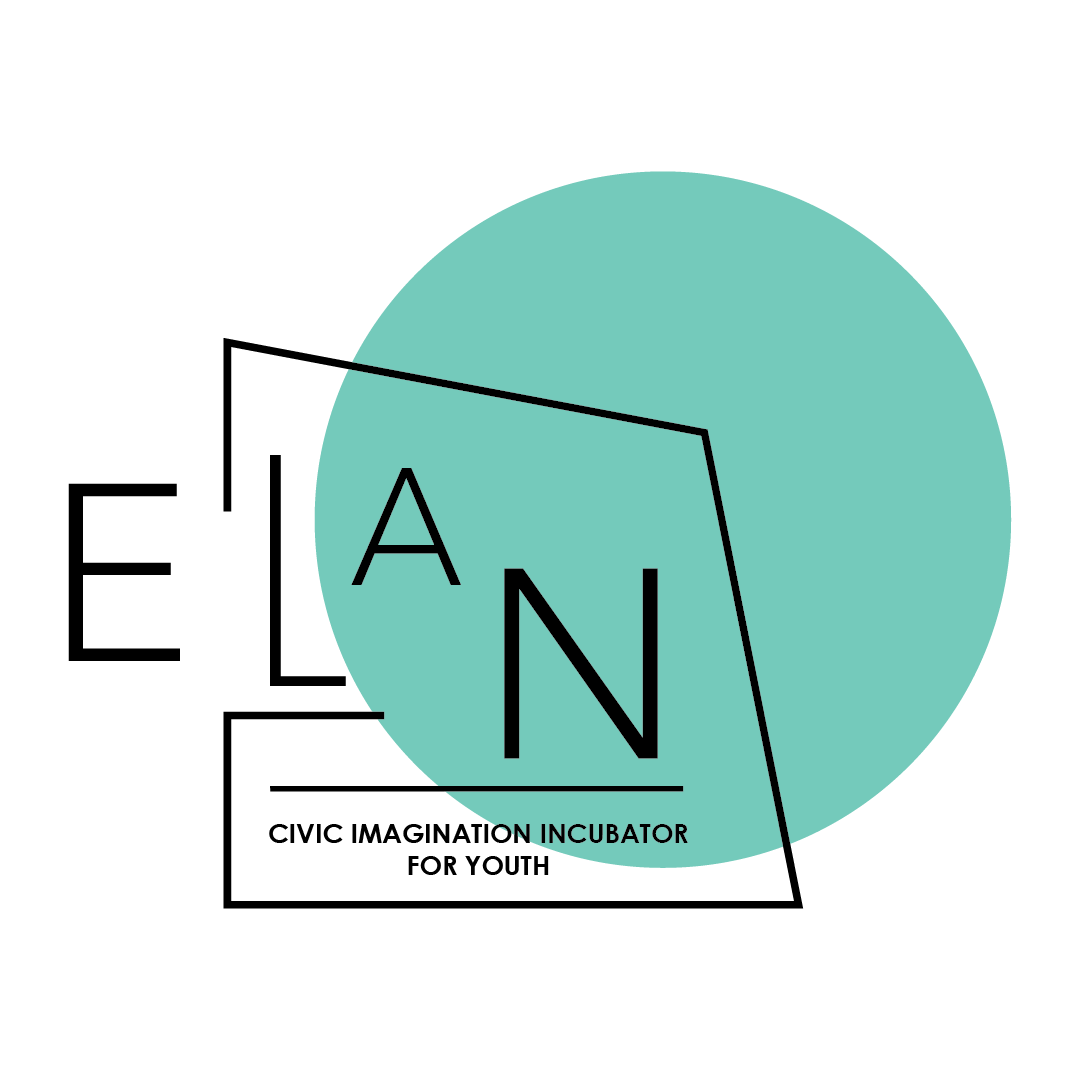Silvan Motorca

Silvian-Dan Motorca are 23 de ani și este absolvent al Universității Politehnica, dar, având o fire mai artistică, nu s-a mulțumit doar cu o carieră de inginer și este, în plus, și actor amator. Însă despre el spune că este în primul rând un om care încearcă să-și reveleze umanitatea.
Pentru el, una din cele mai importante întrebări este despre cum sunt tinerii din ziua de astăzi. Și, crede el, răspunsul la această întrebare depinde aproape în totalitate de gradul de motivație al acestora, pentru că, în condițiile în care oportunitățile există și nu sunt puține, aceiași tineri pot fi capabili sau nu de a produce schimbarea dacă sunt sau nu suficient de motivați să o facă.
Mai concret, Silvian povestește despre primul proiect în cadrul căruia a auzit despre activism, civism și voluntariat – proiectul CiviCultura, din care a făcut parte la ambele ediții și unde, după interviurile pe care le-a luat diferiților oameni pentru a colecta informații despre problemele specifice anumitor cartiere și după discuții cu diverși specialiști în domenii socio-umane, a ajuns la concluzia că lucrurile pot fi schimbate înspre bine, chiar dacă la un moment dat pare că e foarte greu sau imposibil. Schimbarea este posibilă, spune el, prin grupurile mai mici, prin comunități, prin organizații, chiar dacă uneori oamenilor le lipsește motivația, sau condițiile sunt neprielnice; est posibilă chiar și acum, în plină pandemie, însă e foarte important să nu ne pierdem speranța.
În ceea ce privește motivația în sine – o problemă legată indisolubil de aceea a descrierii tinerilor din prezent – Silvian crede că nu are sens să ne pierdem vremea în încercarea de a descoperi de ce nu o avem deloc, sau cum să facem să avem mai multă, pentru că, până la urmă, tot ce trebuie să facem, pentru început, este ca în locul gândului că nu avem chef de treabă să punem măcar primul pas către ce e de făcut, iar mai departe cu siguranță lucrurile se vor lega cumva.
Silvian-Dan Motorca is 23 years old and a graduate of the Polytechnic University, but, having rather an artistic nature, he did not settle for being just an engineer and so, in addition, he is also an amateur actor. But he says of him that he is first of all a man trying to reveal his humanity.
For him, one of the most important questions is about the young people of today. And, he believes, the answer to this question depends almost entirely on their degree of motivation, because, given that opportunities exist and are not few, the same young people may or may not be able to bring about change whether or not they are motivated enough to do it.
More specifically, Silvian tells about the first project in which he heard about activism, citizenship and volunteering – the CiviCultura project, of which he was part in both editions and where, after interviewing various people in order to gather information about the specific problems of certain neighborhoods and after discussions with various specialists in social and humanistic fields, he came to the conclusion that things really can be changed for the better, even if at some point this seems very difficult or impossible. Change is possible, he says, through smaller groups, communities, organizations, even if sometimes people lack motivation, or conditions are unfavorable; it is possible even now, in the midst of a pandemic, but it is very important not to lose hope.
As for motivation itself – a problem inextricably linked to the question about today’s young people – Silvian thinks it doesn’t make sense to waste our time trying to find out why we don’t have it at all, or what to do to have some more, because, in the end, all we have to do, for a start, is to take at least the first step towards what needs to be done, instead of thinking that we don’t feel like doing anything, and further on things will definitely connect somehow.
